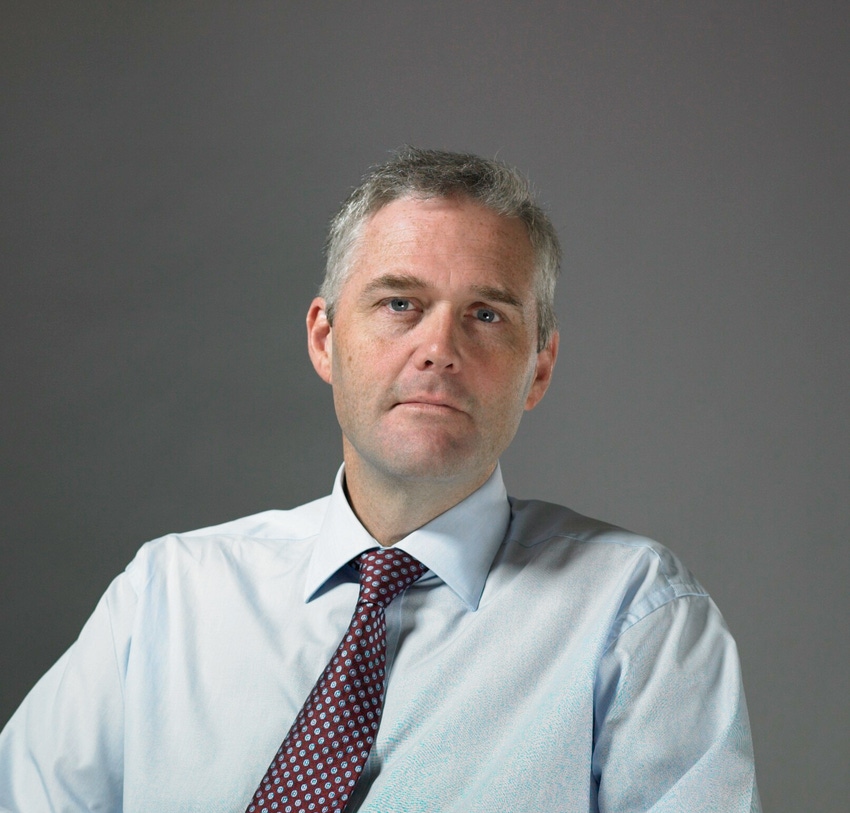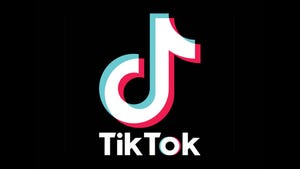Spectrum sharing could threaten operator investment says GSMA
Telecoms trade body the GSMA has warned that government efforts to share spectrum usage should “complement but in no way replace” the need for exclusive access spectrum when provisioning mobile broadband services. The body issued a report that assesses two potential licensed shared access scenarios; the first being the release of 50MHz in the 2.3GHz band from 2020 in the EU and the second regarding the release of 100MHz in the 3.5GHz band from 2016 in the US.
February 11, 2014

The GSMA has warned against an over-reliance on spectrum sharing, suggesting that it could act as a disincentive to operator investment. While a number of different approaches to spectrum allocation are being investigated in the face of a global spectrum shortage, the GSMA said sharing should be employed as no more than a complement to licenced exclusive-access allocation of spectrum for mobile broadband services.
Availability of spectrum was identified as one of the most serious challenges facing operators over the next five years in the 2014 Telecoms.com Intelligence Global Industry Survey. Almost half of operator respondents to the survey rated it six or seven out of seven for severity. Only regulatory pressure on pricing and the competitive threat of OTT players were judged more challenging.
Meanwhile one third of respondents said they felt it was very likely that operators in their market would use shared spectrum for some of their capacity requirements within the next five years.
“Given governments realise they have these increasing demands on spectrum, they’re looking for ways to make new spectrum available to service providers,” Tom Phillips, chief regulatory officer at the GSMA told Telecoms.com. “Because of that there are a number of ideas being discussed which move from the traditional, sole access model which the mobile industry has been using for a number of decades.”
The 10th annual LTE World Summit, the premier 4G event for the telecoms industry, is taking place on the 23rd-26th June 2014, at the Amsterdam RAI, Netherlands. Click here to download a brochure for the event.
In a report compiled in collaboration with consultancy firm Deloitte, the GSMA suggested that using exclusive licensed spectrum in Europe’s 2.3GHz band could add €86bn to the EU economy between 2016 to 2030. But it claimed that shared licensed access would only add $70bn to the economy. In a worst case scenario, the organisation said, the economic benefit could be as little as €5bn due to the lack of a common approach to spectrum allocation across member states, timing and geography issues and potential contract limitations.He added that the GSMA is not fundamentally opposed to the notion of shared access spectrum but that it is keen to ensure that governments continue to consider exclusive licensed spectrum as the primary source of spectrum for mobile broadband.
“Shared access does impose limitations on new users coming into those bands and those limitations decrease the value of that spectrum,” explained Phillips. He added that spectrum is the “lifeblood of the mobile industry” and regulators need to provide access to a critical mass of spectrum to attract sufficient investment.
In November last year, Real Wireless, a consultancy that worked with UK regulator Ofcom on last year’s LTE spectrum auctions, warned that the country will face a serious spectrum shortage by 2020 if 300MHz of cellular spectrum and 350MHz of wifi spectrum are not made available. The statement prompted Ofcom’s former director of R&D to suggest that traditional spectrum allocation models will not meet the identified demand.
“Finding all this extra spectrum by the previous approach of clearing bands and then auctioning them is looking increasingly hard. Instead, regulators are looking to using sharing approaches, for example to allow access to military spectrum or to enable multiple users to share small cell spectrum,” William Webb, former head of R&D at Ofcom and president-elect at the IET told Telecoms.com.
Professor Simon Saunders, Technology Director and co-founder of Real Wireless concurred, adding that “This will obviously be highly contentious and likely create an interesting tension between the different public and industry uses of the spectrum.”
About the Author(s)
You May Also Like











_1.jpg?width=300&auto=webp&quality=80&disable=upscale)


.png?width=800&auto=webp&quality=80&disable=upscale)